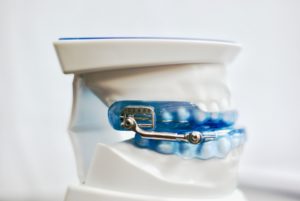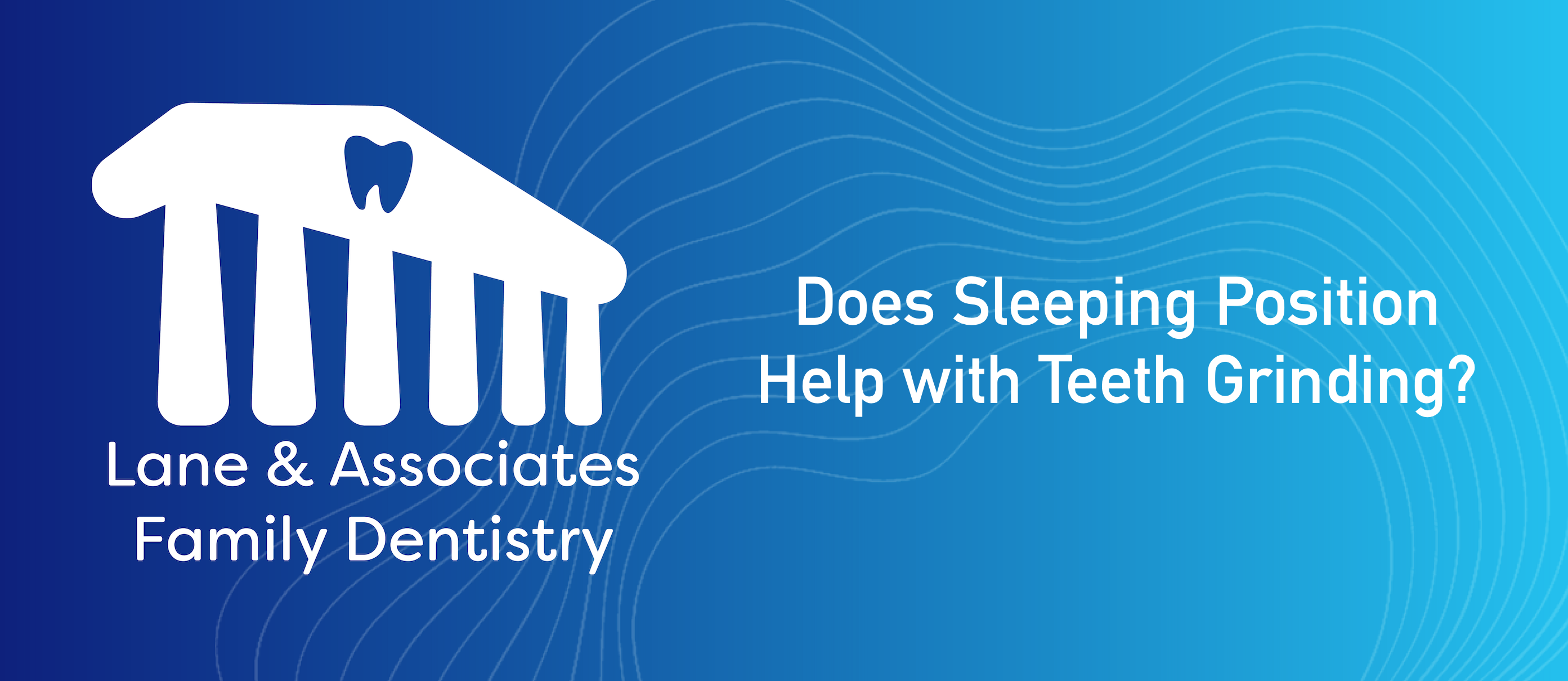For many people, a good night’s sleep is essential for overall well-being. However, for some, nighttime teeth grinding, also known as bruxism, can disrupt sleep and lead to dental issues. In this article, we’ll explore common questions about teeth grinding during sleep, including whether sleeping position affects it, how to stop grinding your teeth, ways to protect your teeth, and natural methods to alleviate bruxism.
Tips to Prevent Teeth Grinding at Night
While sleeping position alone may not completely prevent teeth grinding, some positions may be more conducive to reducing the likelihood or severity of bruxism. Sleeping on your back with your head and neck properly aligned can help keep your jaw relaxed and minimize pressure on the teeth. However, individual preferences and habits vary, so finding a comfortable sleeping position that works for you is essential.

How Do I Stop Grinding My Teeth When I Sleep?
Stopping teeth grinding during sleep may require a multifaceted approach. Here are some strategies to help prevent bruxism:
- Stress Management: Stress and anxiety are common triggers for teeth grinding. Practice relaxation techniques such as deep breathing, meditation, or yoga to reduce stress levels and promote relaxation.
- Nighttime Routine: Establish a calming bedtime routine to signal to your body that it’s time to wind down. Avoid stimulating activities such as screen time or heavy meals before bed, and create a relaxing environment conducive to sleep.
- Mouthguards: Wearing a custom-fitted mouthguard or dental splint at night can help protect your teeth from the effects of grinding and reduce muscle tension in the jaw.
- Limit Stimulants: Reduce or eliminate consumption of caffeine and alcohol, especially in the hours leading up to bedtime, as these substances can contribute to teeth grinding.
- Seek Professional Help: If teeth grinding persists despite self-care measures, consult with your dentist or healthcare provider. They can assess your symptoms and recommend additional treatment options such as medication or therapy.
How Do You Protect Your Teeth from Grinding at Night?

Protecting your teeth from grinding during sleep is crucial for preventing damage and preserving oral health. Here are some ways to safeguard your teeth:
- Mouthguards: As mentioned earlier, wearing a mouthguard or dental splint prescribed by your dentist can provide a protective barrier between your upper and lower teeth, preventing wear and tear caused by grinding.
- Regular Dental Check-ups: Schedule regular dental check-ups to monitor the condition of your teeth and identify any signs of bruxism or dental issues early on. Your dentist can recommend appropriate interventions to address grinding-related concerns.
- Maintain Good Oral Hygiene: Brush and floss your teeth regularly to remove plaque and debris that can exacerbate grinding-related damage. Good oral hygiene practices help keep your teeth and gums healthy and resilient.
- Avoid Hard or Chewy Foods: Limit consumption of hard or chewy foods that can put extra strain on your teeth and exacerbate grinding-related issues. Opt for softer, easier-to-chew foods whenever possible.
How Do You Relax Your Jaw When Sleeping?
Relaxing your jaw muscles during sleep can help alleviate teeth grinding and reduce the risk of dental damage. Here are some tips to promote jaw relaxation:
- Warm Compresses: Apply a warm compress to your jaw muscles before bed to help relax tense muscles and promote blood flow. This can help alleviate muscle tension and reduce the urge to grind your teeth during sleep.
- Massage: Gentle massage of the jaw muscles can help release tension and promote relaxation. Use your fingertips to apply gentle pressure to the sides of your face, moving in circular motions to loosen tight muscles.
- Stretching: Perform simple jaw stretches to loosen tight muscles and improve flexibility. Open your mouth as wide as comfortably possible, hold for a few seconds, and then close your mouth slowly. Repeat several times to promote relaxation.
Does Sleeping Position Affect Teeth?
While sleeping position itself may not directly affect teeth, certain positions can contribute to issues such as teeth grinding or jaw clenching. Sleeping on your stomach with your head turned to one side, for example, may put strain on the jaw and neck muscles and increase the likelihood of bruxism. Opting for a back sleeping position with proper neck support can help promote better alignment and reduce the risk of dental issues related to sleep posture.
Can You Naturally Stop Teeth Grinding?
Yes, there are natural methods that may help alleviate teeth grinding and promote overall oral health. In addition to stress management techniques and lifestyle modifications, incorporating practices such as relaxation exercises, jaw stretches, and good sleep hygiene can help naturally reduce bruxism symptoms. However, it’s essential to consult with a healthcare professional for personalized guidance and recommendations tailored to your specific needs.
In conclusion, teeth grinding during sleep can be disruptive and damaging to oral health if left untreated. By implementing strategies to promote relaxation, protect your teeth, and maintain good sleep hygiene, you can minimize the impact of bruxism and enjoy a restful night’s sleep without the worry of grinding your teeth. If you continue to experience symptoms of teeth grinding despite self-care efforts, don’t hesitate to seek professional help from your dentist or healthcare provider.


